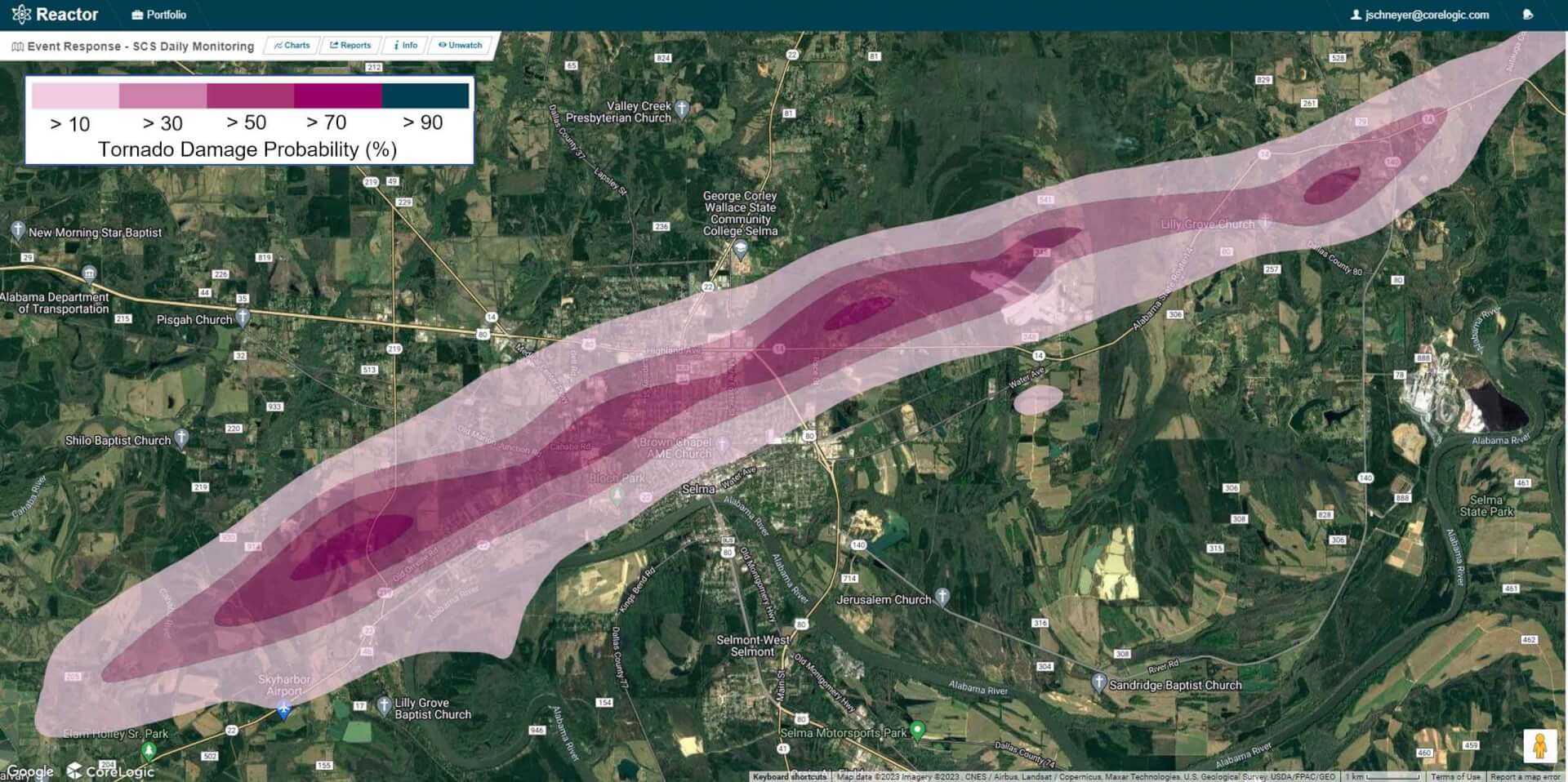Pierre,
hah, that's ok, I believe I created the word Comfortability and its now in the Urban dictionary.

Not everything has to be absolute, you play to your audience as well.
what do you want to bet, in a room filled with two groups, NWS Operational forecasters Vs. AMS certified (News casters) and someone said its "Snaining" outside.. I would guess that half of the room would Facepalm, while the other half would giggle and say, Oh I bet my ratings would go up when I started using colorful descriptions!! lol
Not everything has to be absolute, you play to your audience as well.



